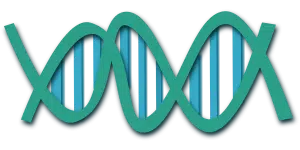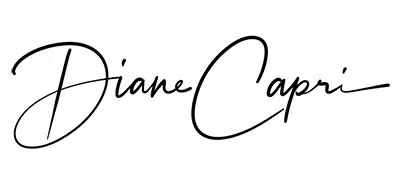There has been some controversy recently, claiming that ancestry sites don’t protect users’ privacy when they submit DNA samples. The complaints claim that the websites keep the DNA on file and will use it for various purposes — such as in answer to a subpoena or if there’s a warrant to search when authorities are investigating a crime.
The issue comes up in Trace Evidence, my thriller featuring Michael Flint because the story involves a man who may or may not be the father of a young boy.
So, is it true that ancestry.com keeps clients’ DNA on file? According to Snopes, this much is true:
“Signing up for Ancestry.com’s DNA test requires that you license your DNA data to them, and this data could potentially be shared by them with third parties.”
Another important part is ancestry.com‘s footnote: They acknowledge there are potential inherent risks in transmitting data. As we know, whenever information is stored in a database, it is at risk because anything can be hacked. This caveat is detailed in the website’s informed consent agreement:
“There is a potential risk that data about you could become public as the result of a security breach…There is a potential risk that third parties could identify you from research that is made publicly available, for example if published in a scientific journal…When DNA samples are physically transferred from us to collaborators, there is a potential risk that the samples could be lost or taken while in transit or storage. We take precautions to reduce the likelihood that this will happen and DNA samples are not transferred with your name or contact information.”
As a side note, a new study implies we shouldn’t be concerned with whether our name is attached the DNA anyway. Scientists argue that the DNA alone is enough to identify us.
“I’ve always said to people that your genome is more than all the other numbers in your life that identify you: Your credit card number, your date of birth, your address, your Social Security number.”
-J. Craig Venter, senior author of new genome study
In other words, having genome data puts your privacy at risk, even if your name is deleted from the information.
So, does all this mean that we should steer clear of genealogy searching websites? Have they done something wrong?
Of course, arguments can be made on all sides. But here are a few interesting items I find useful in writing my Michael Flint thriller series.
- Searching DNA databases can help law enforcement track down criminals when they get a subpoena or warrant.
- DNA can also lead to exonerations.
- The genealogy sites insist they’re not in the business of helping law enforcement. It’s not their goal. According to The Atlantic, Ancestry and 23andMe will not readily work with law enforcement. But the reality is that they must comply with subpoenas, just like everyone else.
- Having a DNA database could help identify bodies. For example, in a case out of Washington, investigators have been trying for decades to identify the body of a teenage girl dumped in a lake after being brutally murdered. Investigators are hopeful that if a relative of hers, even a cousin, aunt, or uncle, has used one of these genealogy services, it could lead them to finally identify her. Using DNA service for this kind of case, some argue, is much different from a case where authorities are trying to track down a suspect. Some say it’s equivalent to tracking down families of adopted children.
So, you tell me what you think. Are genealogy sites invading our privacy? Should law enforcement be allowed access to the DNA stored in its system? Leave a comment below and let me know what you think.
And learn more about the Michael Flint Thriller Series HERE.





Comments are closed.